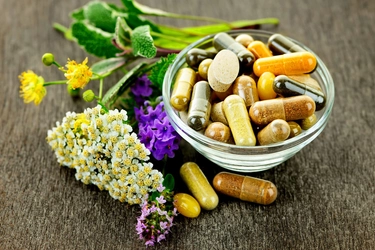- Get link
- X
- Other Apps
JUST IN
- Get link
- X
- Other Apps
 copied from https://www.webmd.com/hepatitis/ss/slideshow-keep-liver-healthy
copied from https://www.webmd.com/hepatitis/ss/slideshow-keep-liver-healthyFunctions of the liver
The liver regulates most chemical levels in the blood and excretes a product called bile. This helps carry away waste products from the liver. All the blood leaving the stomach and intestines passes through the liver. The liver processes this blood and breaks down, balances, and creates the nutrients and also metabolizes drugs into forms that are easier to use for the rest of the body or that are nontoxic.
TIPS TO MAKE YOUR LIVER HEALTHY
Drink Coffee
People who drink a few cups of coffee a day may be less likely to get liver diseases including cancer and scarring (fibrosis, cirrhosis). It might even slow those conditions in some people who have them. Filtered, instant, and espresso all seem to work. Still, helpful as coffee may be, it can’t take the place of a balanced diet, a healthy weight, plenty of water, and regular exercise for a healthy liver.
Avoide Over-use of paracetamol
It’s in more than 600 meds, including many cold and flu drugs. Most adults shouldn’t get more than 4,000 milligrams per day. More could hurt your liver. Try not to take more than one product with acetaminophen per day, and never take more than what the package instructions recommend.

Use protection while sex
You want to protect yourself and your partner from conditions that can spread through sex, including many that could eventually hurt your liver. One, hepatitis C, infects it directly and can do serious harm over time. Most people don’t notice they have it until many years later when much of the damage has been done. Your doctor can test to see if you have it.
Follow doctors prescriptions
Though acetaminophen is the most common medication that can harm your liver, other meds can do that, too -- especially if you don’t take them as directed. It may also depend on your genes, other prescriptions, and your food. Speak to your doctor if you’re tired, nauseous, or itchy or you notice yellowish skin or eyes (jaundice) after you start a new medicine. Statins for high cholesterol and certain antibiotics (amoxicillin, clindamycin, erythromycin) are some examples.
Maintain your Exercise Regularly
It can help keep your BMI at the right level, which could protect against nonalcoholic fatty liver disease. But even if your BMI doesn’t change, exercise is likely to help. Why? Because it improves how your insulin works and burns triglycerides, a type of fat in your blood.

Comments
Post a Comment
Let know your comments